| |
Charlee
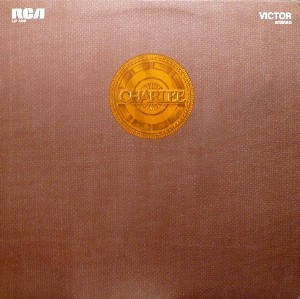
Charlee
RCA - 1972
Michael Panontin
|
"I always used to get the same bullshit story that I should write commercial songs and that I looked too much like a Hell's Angel."
Walter Rossi spoke the way he played guitar: he was brash, confident and took no shit. If not for a few unlucky breaks along the way - and the occasional burned bridge - his legacy might be a little more well known. That is, outside of the handful of classic rock enthusiasts in Quebec and Europe who revere him for the guitar god that he was.
He was born Walter Rossignuolo into a musical family of Italian immigrants. "My mother was a Neapolitan gypsy who loved to sing, and my father was a carpenter who enjoyed playing the guitar," he remembered. "Whenever they got together with their friends, the wine would flow and music would fill the house."
Rossi got his first guitar at age fifteen, a Fender Esquire with an accompanying Fender Showman amp. While still in high school, the young Montrealer started taking the bus downtown to perform with a band called the Soulmates at popular clubs like the Grand National and the Esquire Show Bar. This would be the source of his first big opportunity.
"I decided to go check out this blues singer at the Esquire Show Bar called TV Mama," he recalled for the It's Psychedelic Baby site. "I had never heard of her and it got my interest. When I got there in the hallway a huge black man with a gigantic afro introduced himself to me. He told me his name was Buddy Miles and that he was the drummer with TV Mama's band and asked me if I was a musician."
The then-unknown Miles was due to go on tour with Wilson Pickett but had decided to stay on in Montreal for a couple of weeks. The two became instant friends. So when he telephoned Pickett and was told they were still without a guitar player for the tour, Miles just looked over at Rossi. And before he knew it, the young guitarist was on a train to Toronto to audition at Massey Hall.
"The band breezed through an instrumental warm-up of a Pickett standard called '99½'. Pickett stopped the rehearsal to chew out the guitar player and call me up onto the stage. He there and then ordered me to play the opening of the song! I took a deep breath and let her rip. I had barely gotten halfway when he stopped the song, and turning to me simply said, 'Welcome, to the Wilson Pickett group. Be in New York next week'. Those two sentences changed my very existence."
Rossi spent the better part of a year on tour with Pickett. But familial duty beckoned. His father's health was failing and with no one else to care for him, Rossi returned to Montreal, where he eventually joined a band called Influence. That group recorded an LP in New York and even toured with Steppenwolf and the Doors. But despite a relatively positive reception, they didn't last long.
Rossi again hooked up with Miles, making regular trips to New York and even managing to play on his iconic radio staple, 'Them Changes'. But Miles' best-before date was fast approaching, and Rossi would again find himself back in Montreal, a bitter pill to swallow after so much time in the limelight. "Finding myself back in Canada was painful," he said. "I wanted to play and go back to the world I was so used to by now. The only way for me was to form a new trio guitar-oriented group, get a recording contract and go back to the USA."
So Rossi corralled drummer Mike Driscoll ("he played hard and his timing was impeccable") and his old pal Jack Geisinger from Influence on bass and dubbed the new band Charlee, after his pet German Shepherd. It wasn't long before the three caught the attention of RCA, who booked them into the old RCA Studios on Mutual Street in Toronto, with the talented Mark Smith engineering.
"He was wonderful and understood how to record loud guitars…not many sound engineers in Canada had that talent. Plus I had gone to quite a few Jimi Hendrix sessions at the Electric Lady studios in New York and watched Eddy Kramer (Jimi's sound engineer) in action. I had learned so much from him on how to record guitars."
RCA sat on the tapes for a full year. ("Jack Feeney, then president of RCA Canada, did not understand the kind of music I was doing," Rossi quipped. "When [he] heard the Charlee album for the first time it must have given him a serious case of diarrhea.") But it was well worth the wait. Charlee is a guitar-lover's dream, with Rossi's chops - a sort of rough amalgam of Hendrix, Robin Trower and Cactus' Jim McCarty - on full display throughout the eight tracks.
Charlee gets straight to the point with the terse 'Wizzard', a leaden instrumental that finds our guitar hero letting solos fly by the 50-second mark. Elsewhere, 'Lord Knows I've Won' tosses in some boogie on top of more Rossi pyrotechnics, while 'Just You and Me' hints at Deep Purple speed metal. 'A Way to Die' is a straight-up blues-rock track that unfortunately lays bare Rossi's singing, a weak point on the album that even he acknowledged ("I had never sung before...when I would hear my voice on the playbacks I used to get dizzy...LOL.")
As with much of Rossi's career, Charlee was a critical success but a commercial flop. ("There were 'no' Canadian FM radio stations to play hard rock at that time.") The group shared stages with the likes of the New York Dolls and Joe Walsh's Barnstorm and even managed to score a #1 hit down in Australia. And the album was championed by a disc jockey in Dayton, Ohio who had heard it while vacationing in Montreal and played it incessantly on his radio show, eventually shifting several thousand copies in his tiny record shop. But with a management that Rossi described as "dismal" and radio stations that "all think that if an artist or a band comes from England or the US it must be better than a Canadian product", Charlee didn't really stand a chance.
|
|
Suggestions
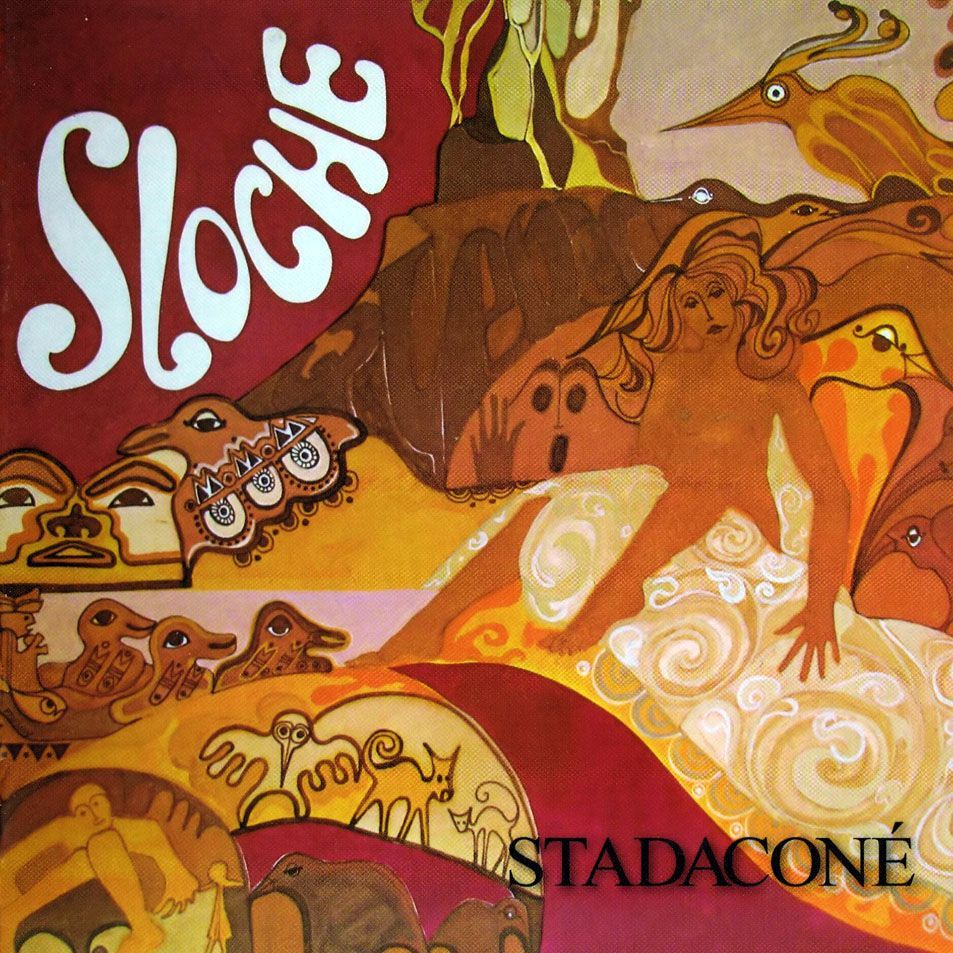
Sloche
Stadacone
RCA
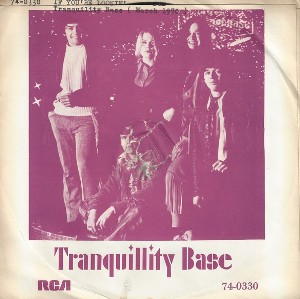
Tranquillity Base
If You're Lookin' / Fun - 7"
RCA
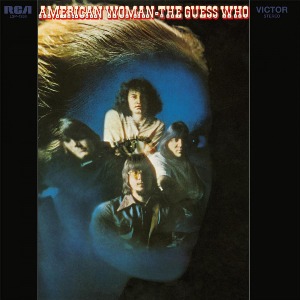
The Guess Who
American Woman
RCA
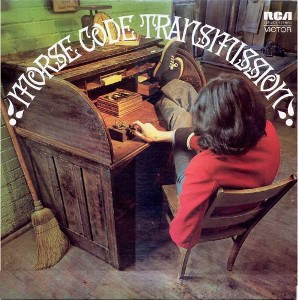
Morse Code Transmission
Morse Code Transmission
RCA
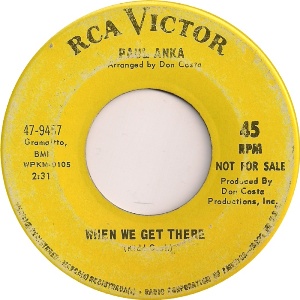
Paul Anka
Can't Get You Out of My Mind / When We Get There - 7"
RCA
|








